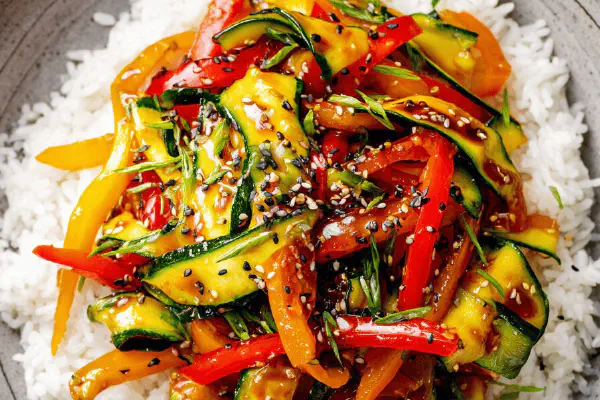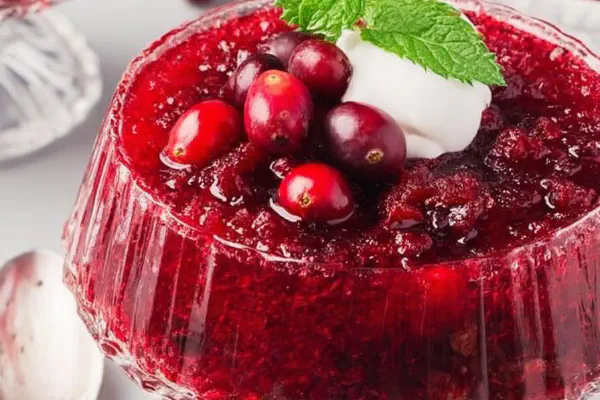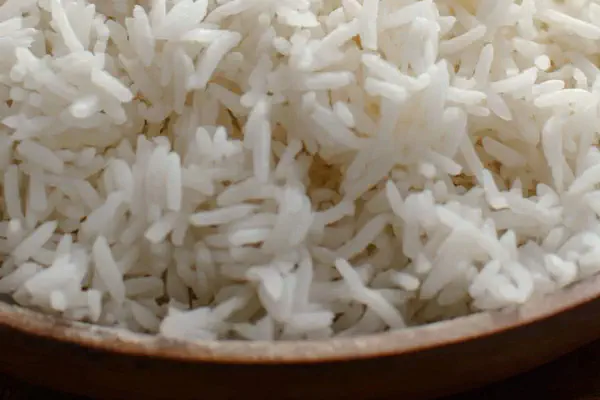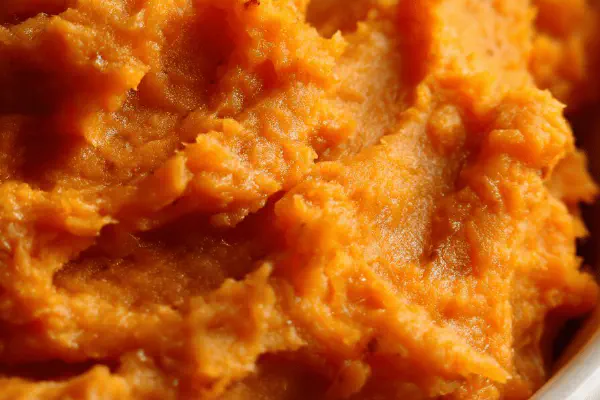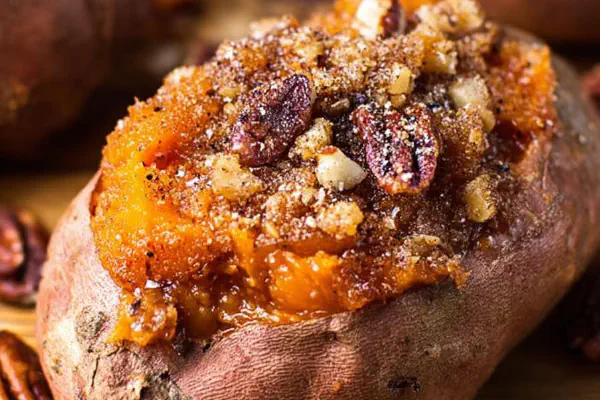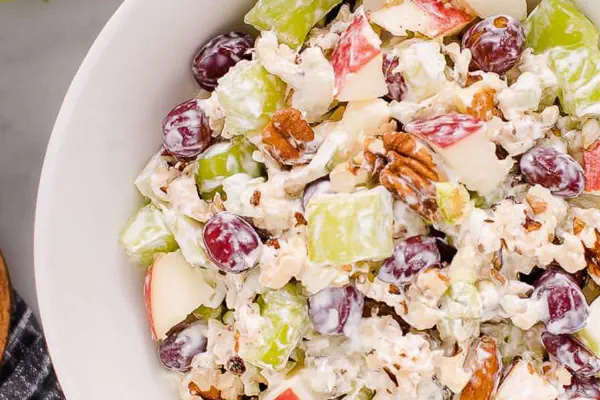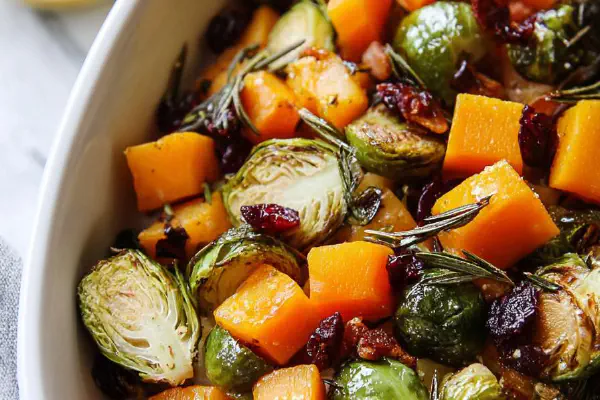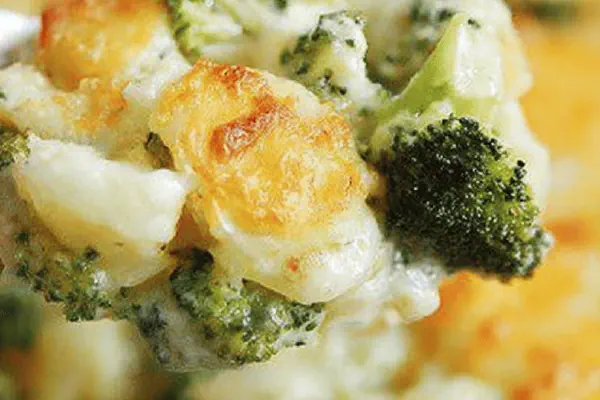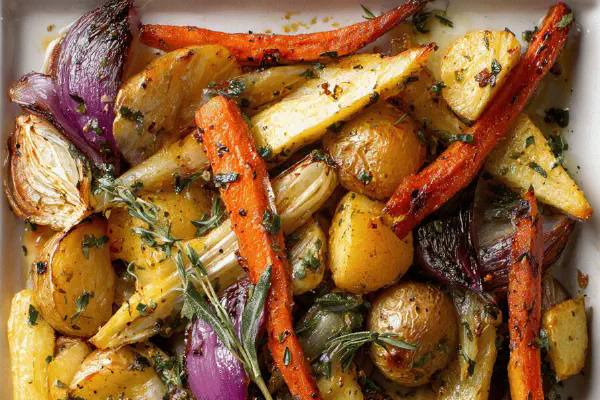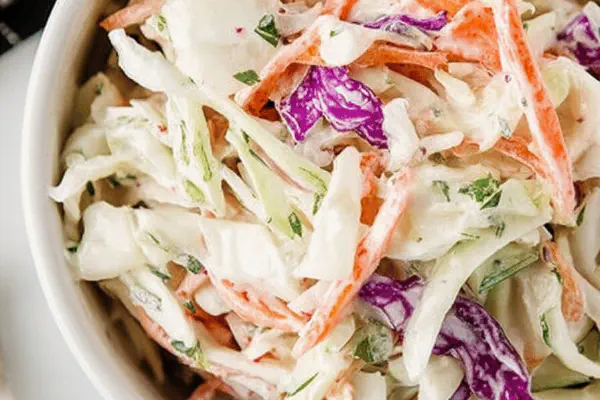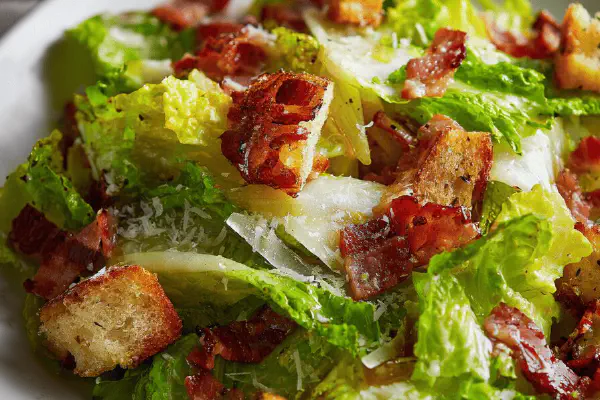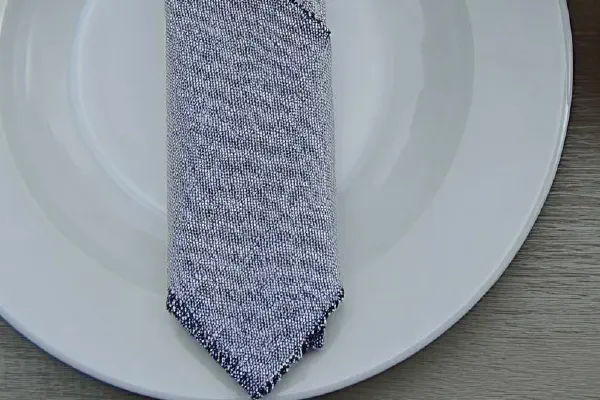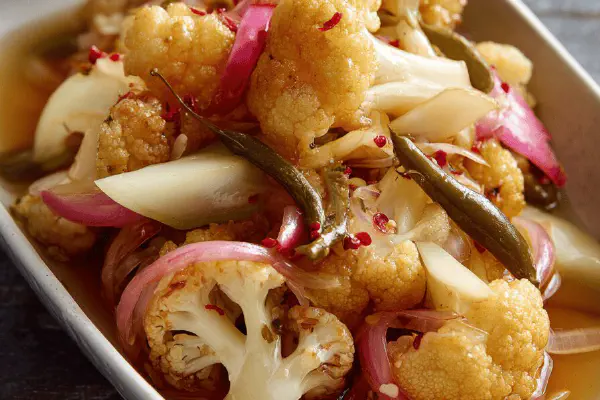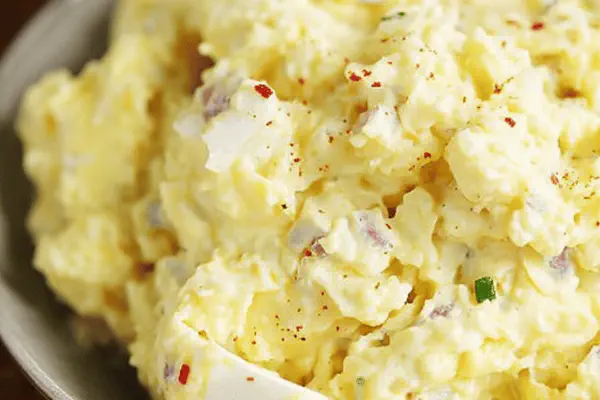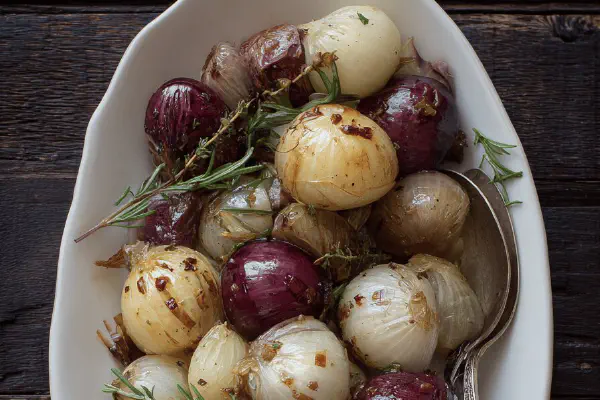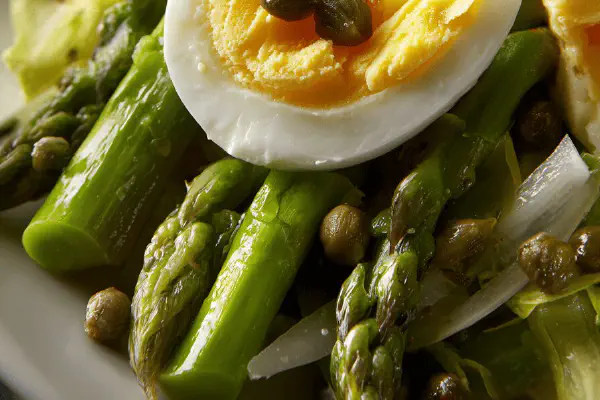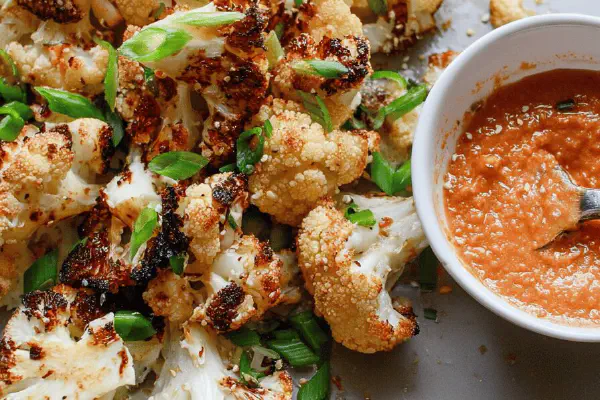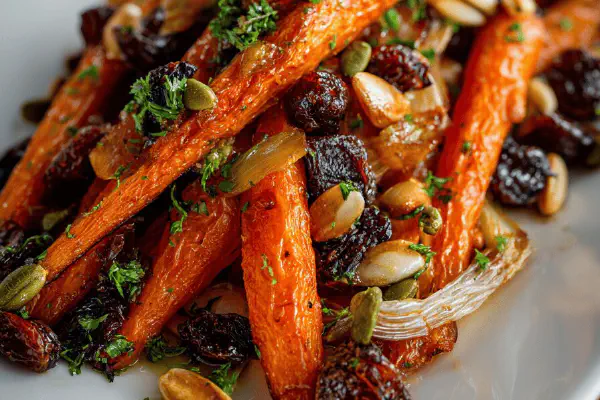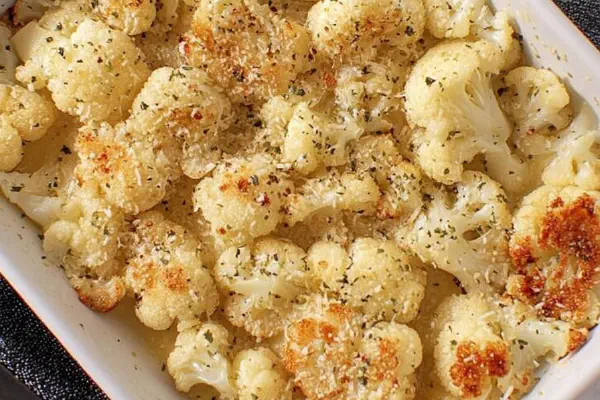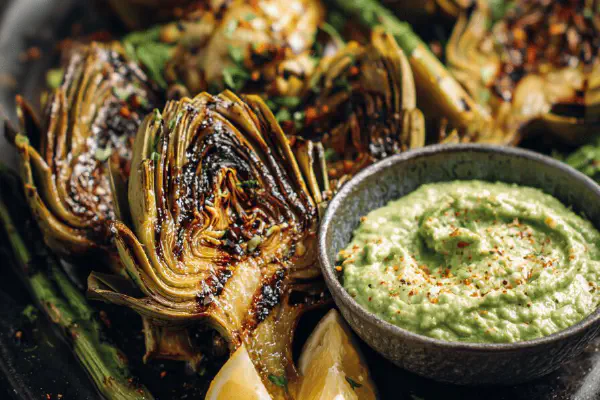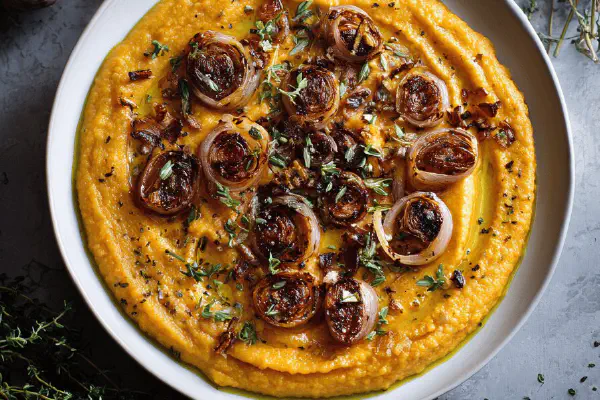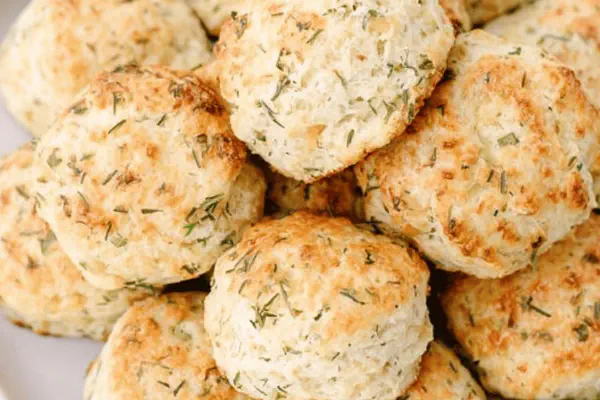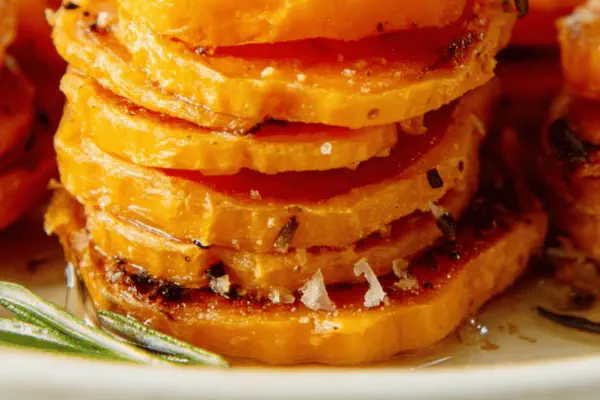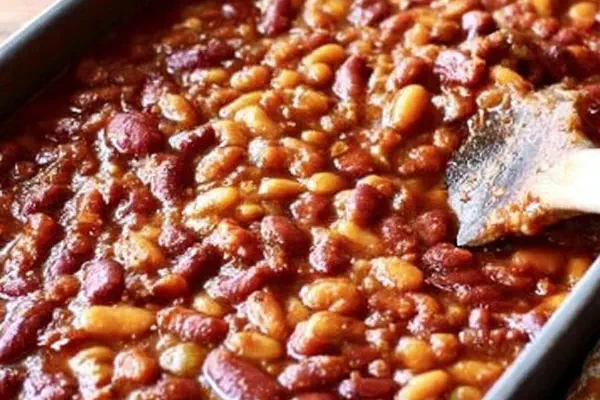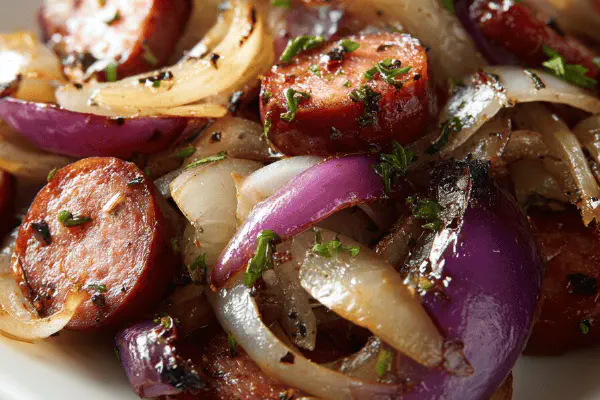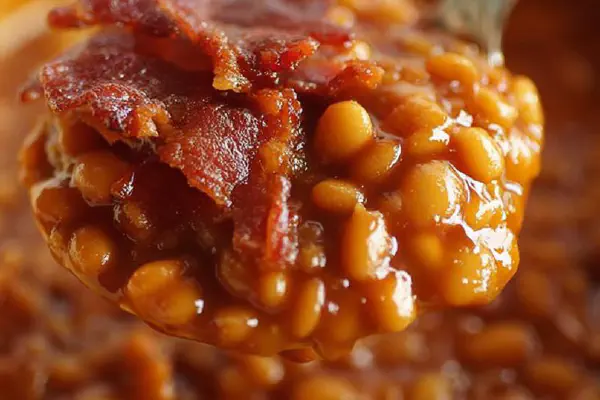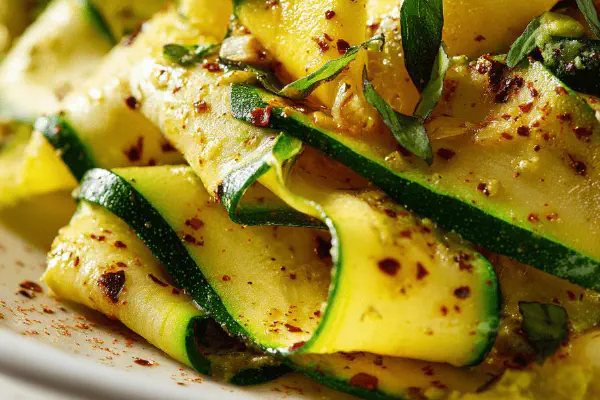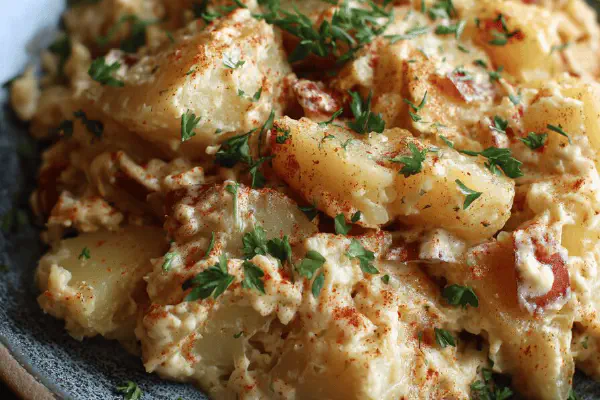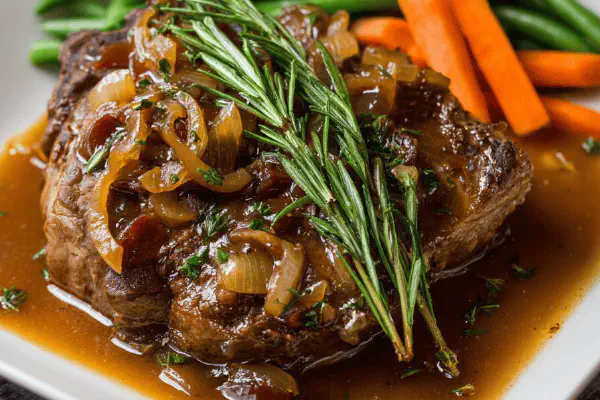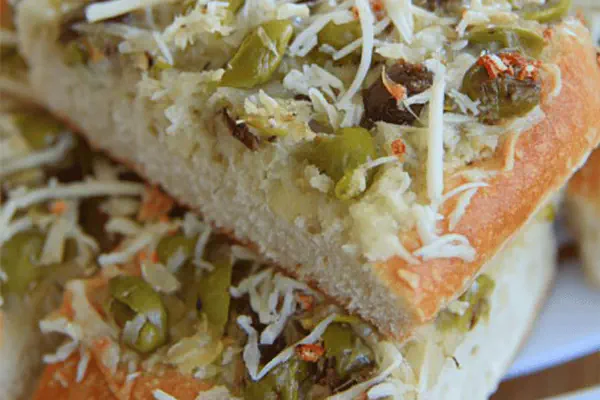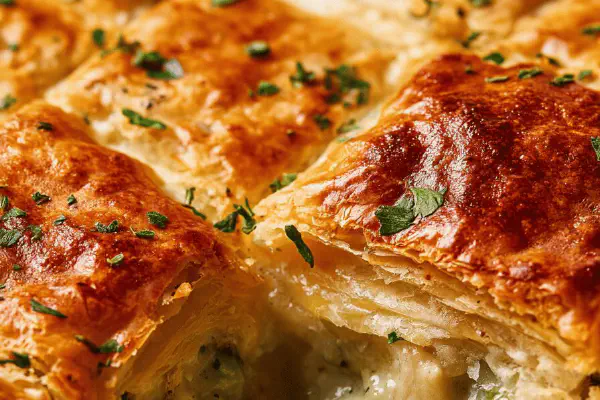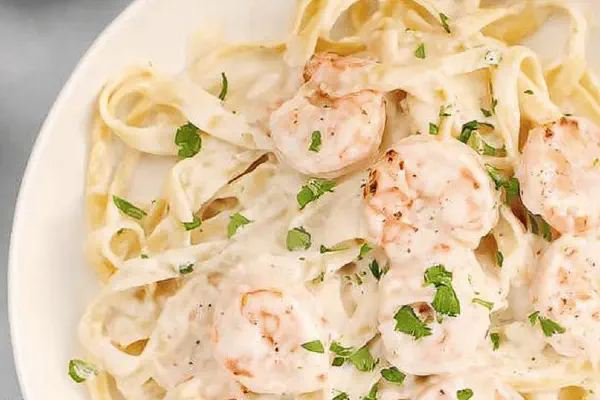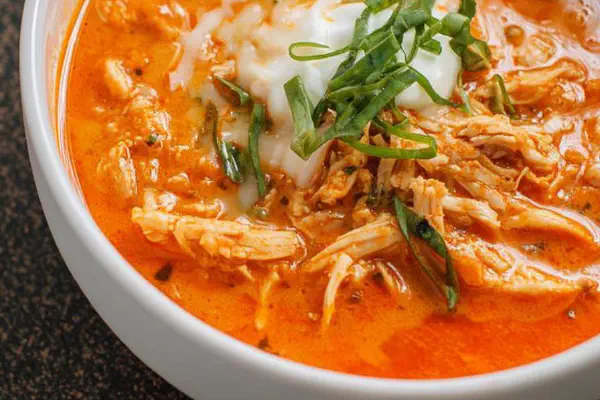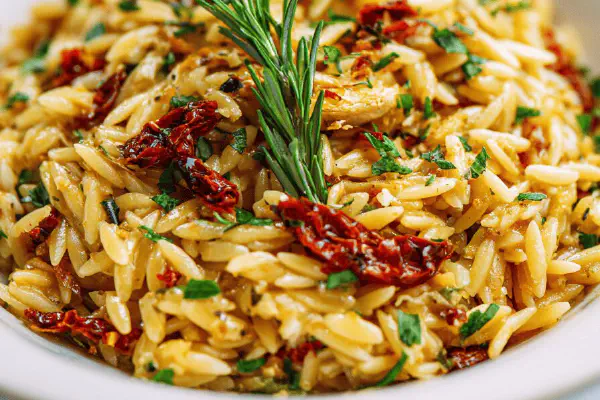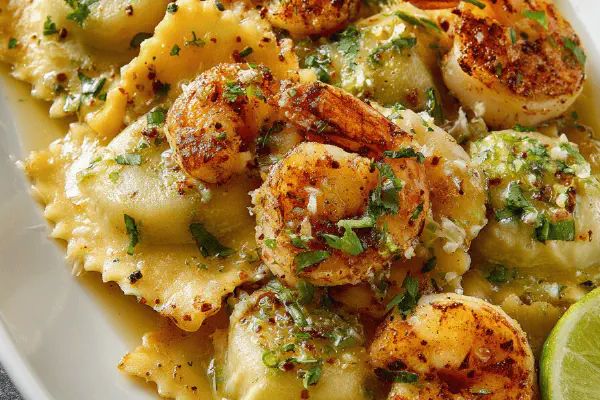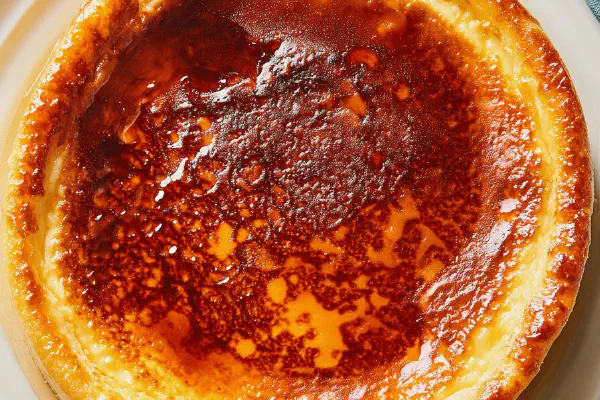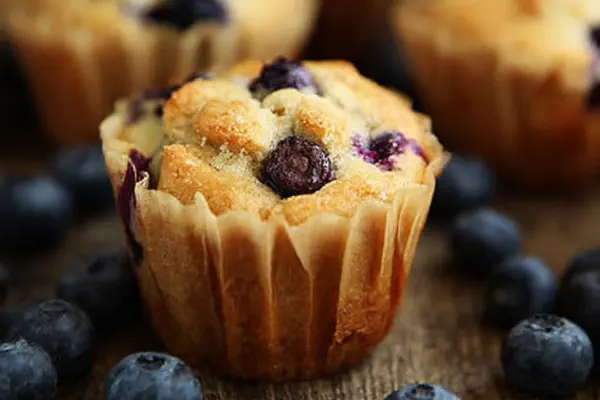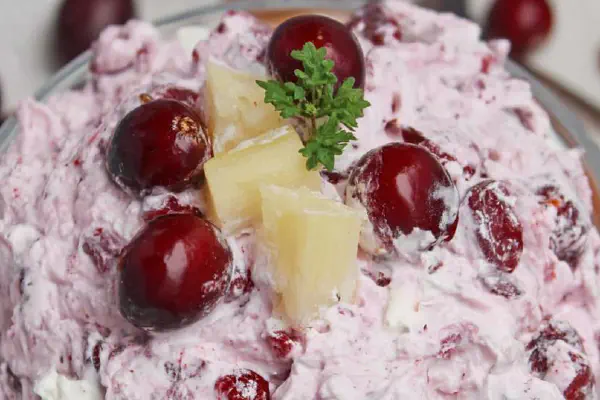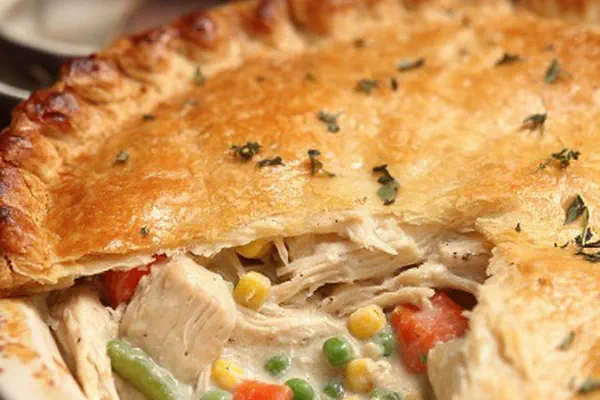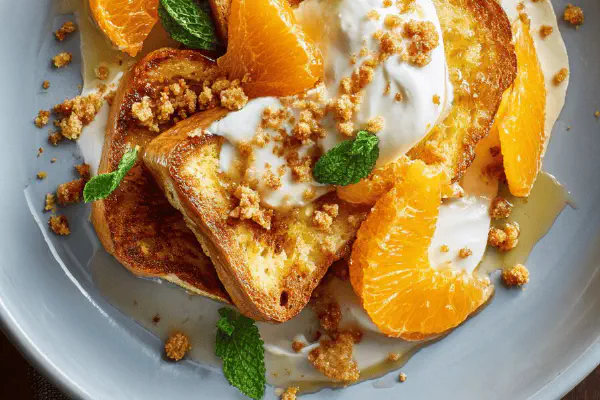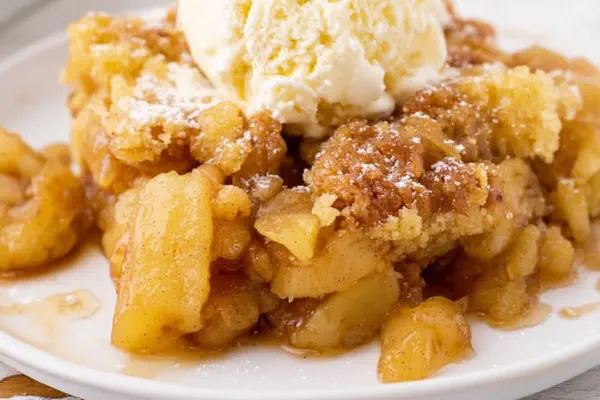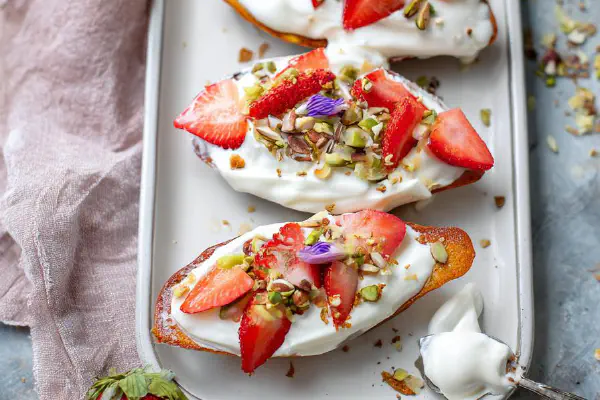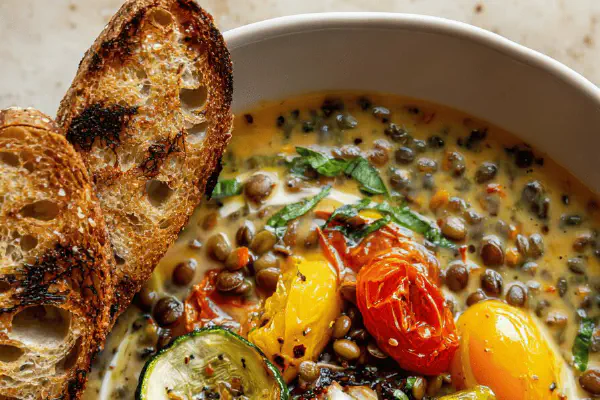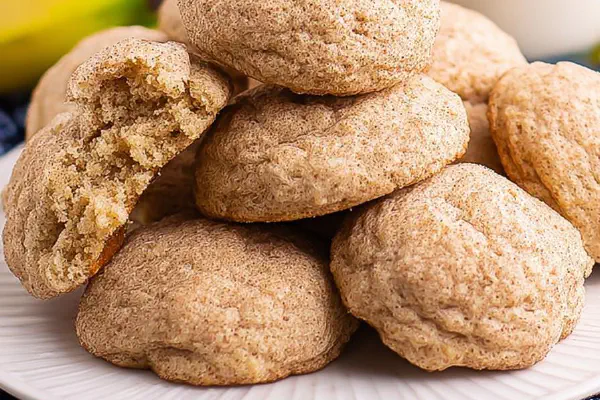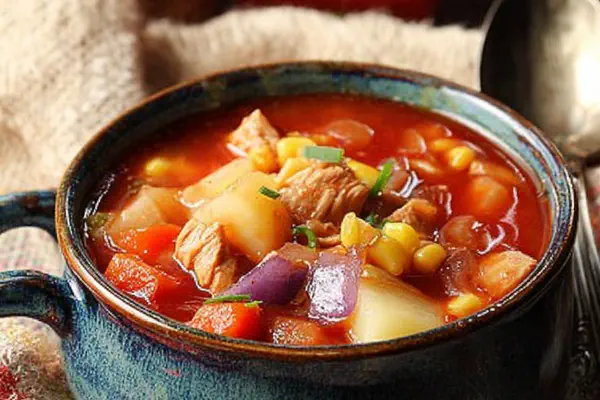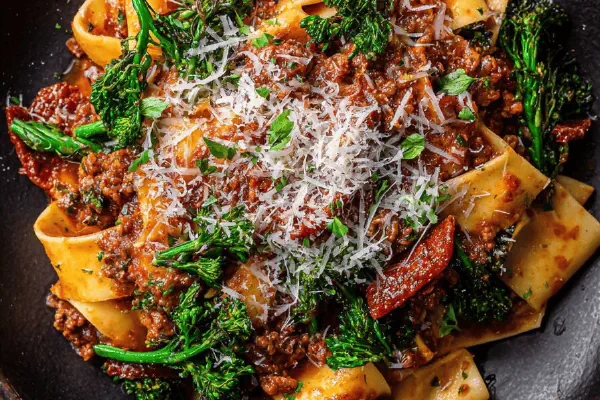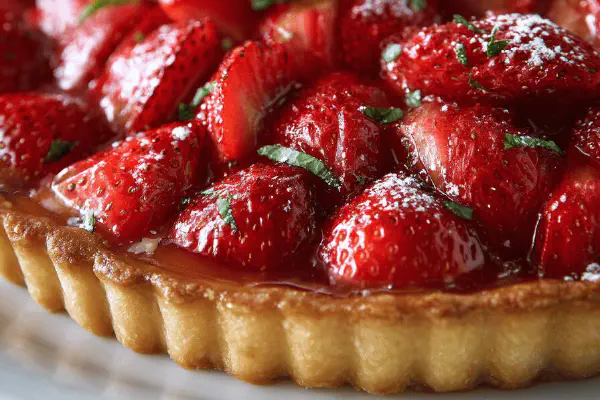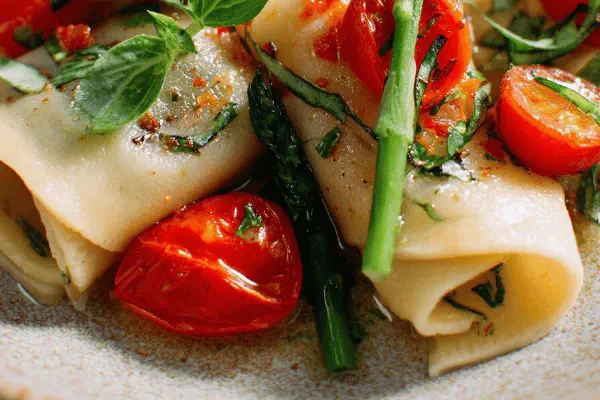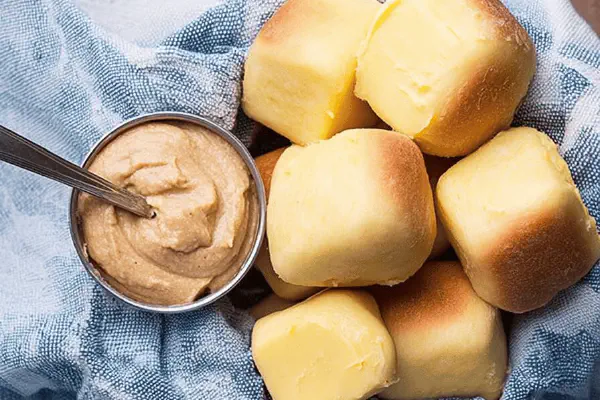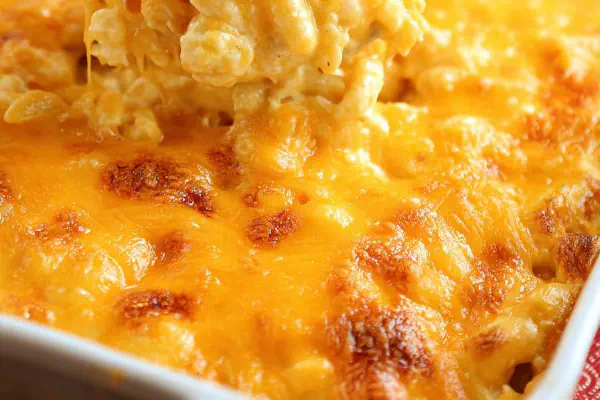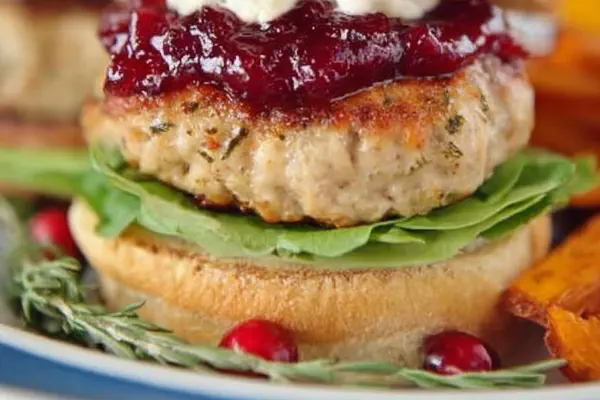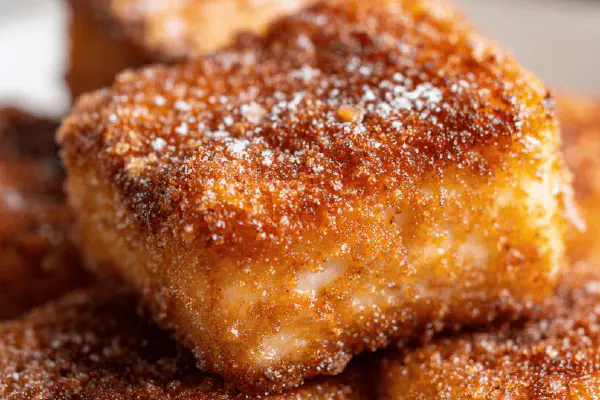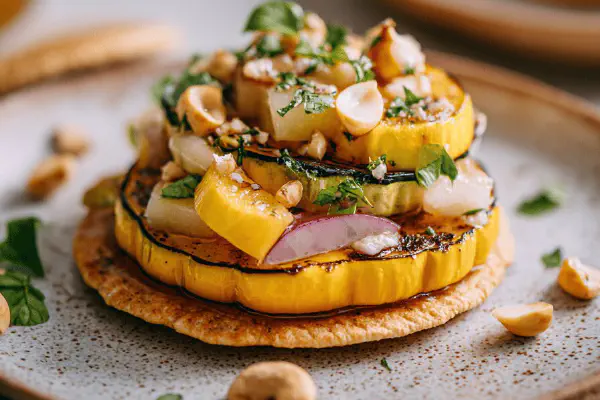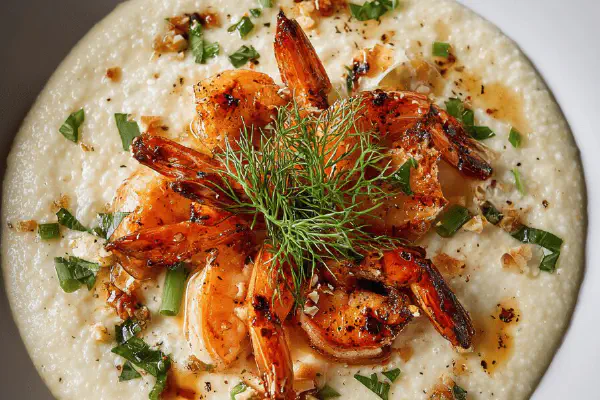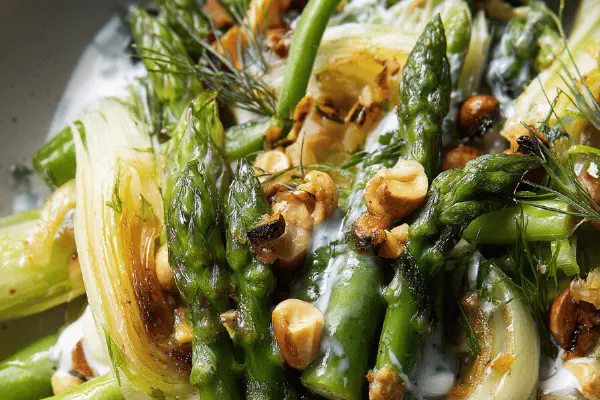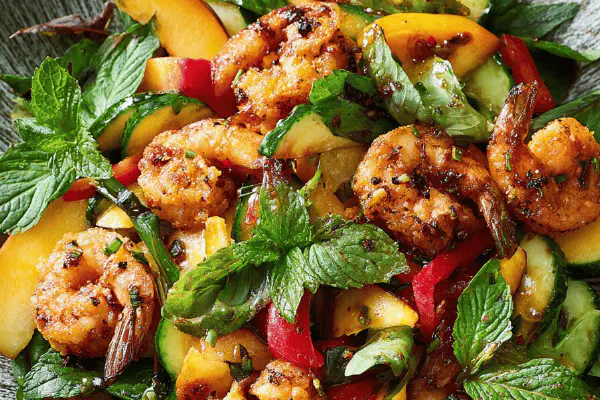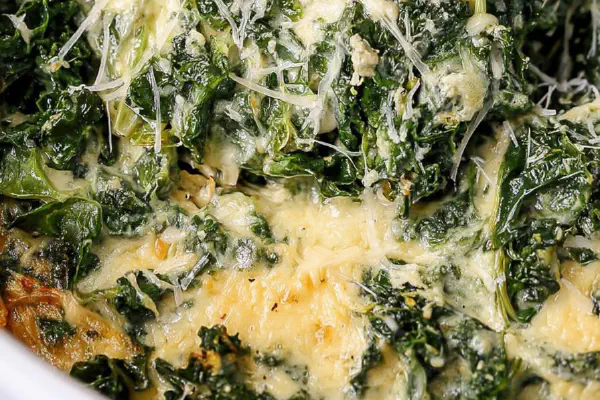
Featured Recipe
Loaded Twice-Baked Potato Bake
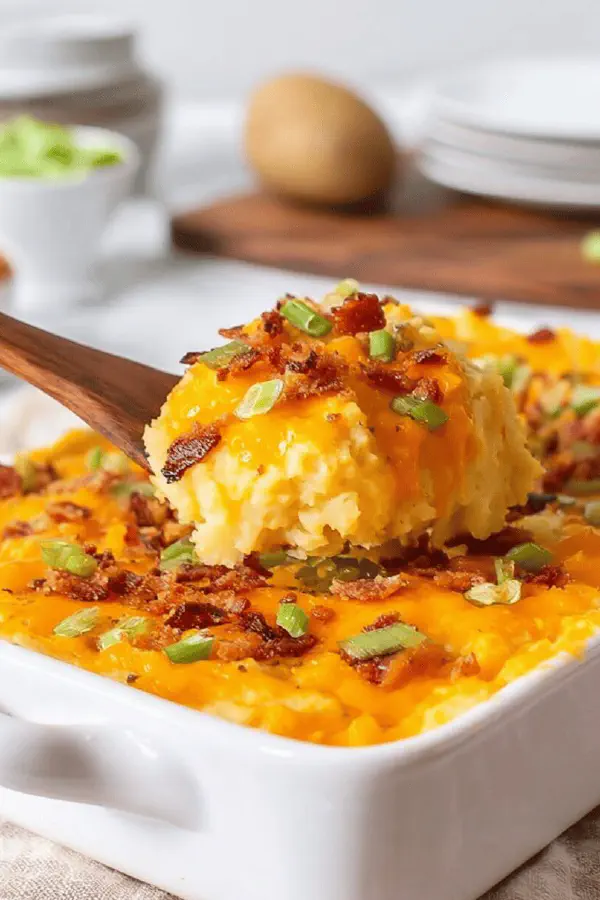
By Kate
"
Mashed potatoes reworked with a creamy blend of Greek yogurt and sharp white cheddar. Garlic powder swapped for smoked paprika for subtle heat and depth. Bacon replaced by crisp pancetta for a different salty crunch. Scallions tossed in after baking add freshness. Visual cues guide doneness more than clocks. A dash of cayenne optional but wakes flavors. Method avoids overworking mash to keep fluff intact. Cheese layered before and after baking melts perfect crust. Practical notes included for texture balance, ingredient swaps, and rescue tips with watery mash.
"
Prep:
12 min
Cook:
20 min
Total:
32 min
Serves:
8 servings
potatoes
bake
casserole
sides
comfort
Introduction
Mashed spuds reinvented — no fluffing overdone, no soggy layers. Started out simple but swapped sour cream for Greek yogurt. More tang, less runny; holds better under heat. Cheese isn’t just dumped in either. Split the cheddar for melting power and crusty top with chew. Pancetta takes the bacon’s place. Crisp, less smoky, less greasy. Scallions sprinkled at end for fresh punch, no mush. Patience in folding mashed potatoes key though, or you’ll end with glue trap. The smell changes when cheese hits the heat — sharp, nutty, almost toasted. Visual cues beat timers here. Blanket the casserole with cheese, wait for those golden brown freckles. You’ll hear soft bubbling and smell toasted cheese lifting through the kitchen. Then add pancetta crunch and punchy scallions for contrast. Unsure of texture? Poke and press lightly. If mash feels firm yet creamy, done. Too wet? Give it a quick broil, watch for fast browning but don’t burn. Leftovers hold shape better reheated on stove with splash milk, not microwave panic. Simple, no fuss, and lots of texture storytelling. Takes well to mix-ins too — try caramelized onions or roasted garlic next time.
Ingredients
In The Same Category · Perfect Sides
Explore all →About the ingredients
Mashed potatoes best made in advance — dry, cooled, and no lumps. Use russets or Yukon Gold; Yukon gives buttery texture naturally. Greek yogurt swaps here tighten the mix, avoiding watery sour cream drip that ruins bake. Can sub sour cream or crème fraîche if yogurt unavailable but adjust milk down to maintain mash firmness. Sharp white cheddar preferred for melt and mellow sharpness. Avoid overly aged or powdery cheeses — they crumble not melt. Smoked paprika changes game from garlic powder providing warmth without raw pungency. Pancetta offers less smoky and more refined salt crunch than bacon. Substitute with cooked diced ham if needed but note texture change. Scallions always fresh and thinly sliced, added after baking to preserve vibrant green and crispness. Butter melted and mixed in helps fat coat starch evenly — prevents gluey rubbery texture. Milk moderates mash firmness; whole milk recommended for creaminess but adjust amount based on potato dryness. Pinch of cayenne warms but not fires up the plate. Spray casserole well but pat off excess to avoid burned oil residue on edges.
Method
Technique Tips
Don’t rush mash mixing — too much stirring releases starch, makes paste not fluffy. Fold ingredients gently with large spoon or rubber spatula. When layering cheese on top, press lightly to ensure good contact without compacting mash beneath. Visual doneness beats exact minutes — watch for cheese bubbling and golden spotting before pulling out. Baking times fluctuate based on mash moisture and oven quirks. Use sight, smell, and touch. Sounds from bubbling cheese signal heat penetration. Poking with spatula or skewer: should feel hot and firm, not soupy or cold inside. Add pancetta while hot to let residual heat marry flavors without sogging it down. Scallions tossed last to keep snap, color, and sharp onion flavor. Serving immediately recommended. If leftovers, reheat gently in oven or stovetop adding splash of milk to loosen mash, stir gently to avoid rubbery blobs. Broil can toughen edges quickly if you overshoot timing. Use oven rack centered, avoid dark pans that absorb more heat causing faster browning or burning edges. Overall, listen to the mash, watch the cheese, smell the aromas — that’s kitchen intuition paying off.
Chef's Notes
- 💡 Keep mashed potatoes cold to maintain texture, prevents gluey mishap. Russets work best; Yukon Gold adds buttery feel. Adjust milk, avoid lumpiness.
- 💡 Pancetta brings a refined crunch, but bacon can work, just remember it’s smokier. Use cooked ham as swap but texture changes; not as crunchy.
- 💡 When folding ingredients, go gentle. Starchy mix can become a paste if beaten. Can require patience. Aim for fluff, not glue.
- 💡 Broiling at the end is risky; watch closely to prevent burning while achieving crispy top. If mash too wet, a dash of cornstarch helps.
- 💡 Layering cheese is key—lots of flavor but avoid compaction of mash. Gentle press for contact, not too much. Timing isn't everything, listen, watch.
Kitchen Wisdom
Can I make this ahead of time?
Yes, prep and refrigerate. Bake before serving. If cold, longer bake needed. Monitor closely for doneness.
What if my mash is too dry?
Add more milk gradually. Mix gently to avoid mush. Consider adding more Greek yogurt for creaminess.
How do I store leftovers?
Refrigerate in airtight container for a few days. For reheating, add splash of milk on stovetop.
Is it okay to swap ingredients?
Yes, Greek yogurt can be sour cream or crème fraîche. Adjust consistency. Same with cheese—use what you have.
